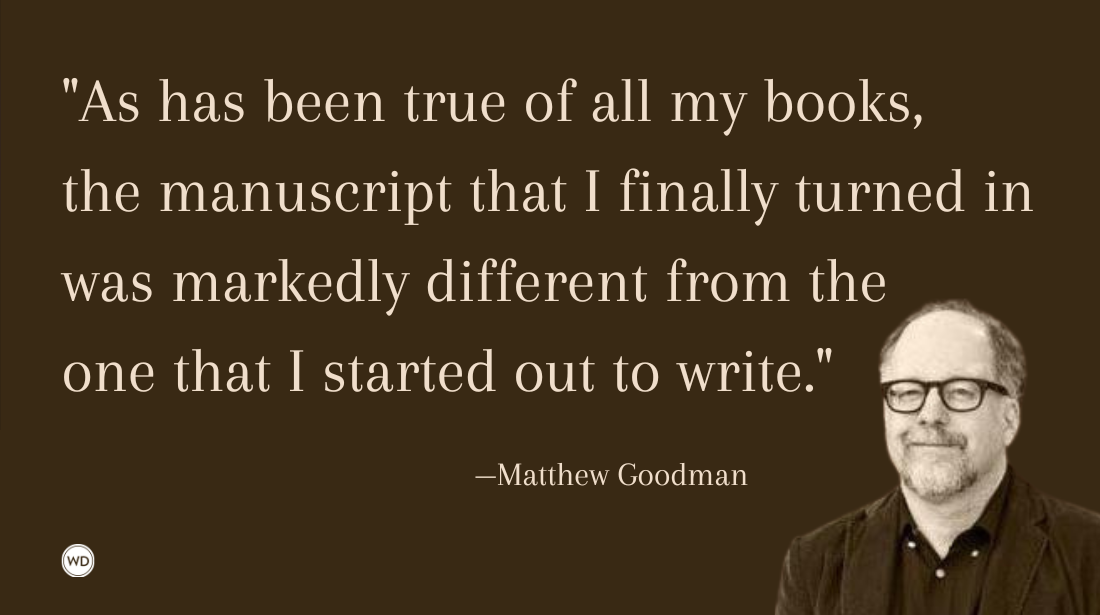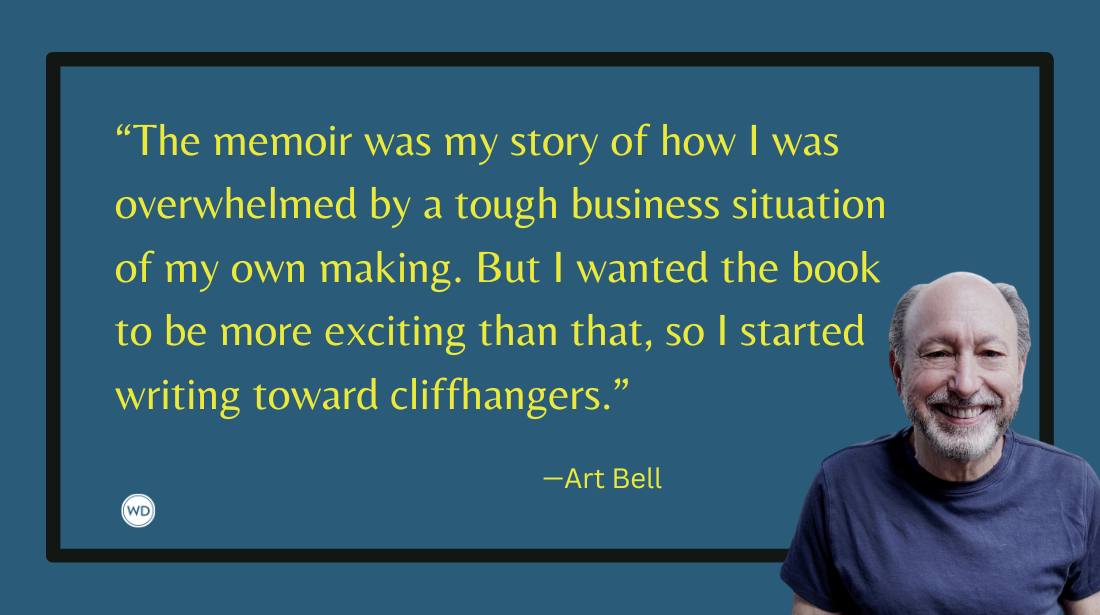Telling My Story: How to Work Through Painful Feelings While Writing a Memoir
When revisiting your past means unearthing painful memories, it’s important to find solitude somewhere. Here, author Laura L. Engel discusses how to work through painful feelings while writing a memoir.
In 2016 a miracle happened in my life. I heard my 49-year-old son’s voice for the first time.
I had been forced to relinquish my first-born son to closed adoption in a New Orleans unwed mothers maternity home in 1967. A teenager at the time, that traumatic event sent my life into a spiral of shame and guilt that followed me for decades. Within 24 hours after my son called me, the darkest and best kept secret of my life exploded and cracked open my world.
Soon I found myself writing about that traumatic experience after never speaking about that time in my life. My journaling and notes took on a life of their own and eventually resulted in me writing a memoir I never dreamed I would write.
Writing can be difficult enough, but writing a memoir while sifting through good, bad, and often ugly memories takes a toll on your very being. For self-preservation I had purposely pushed memories of that time so far down in my psyche that I doubted I could ever recall them. To my amazement, the more I wrote, the more I remembered. I would wake at night recalling faces, names, and voices from those turbulent days.
It was excruciating revisiting and writing about the birth of my first-born son. The immediate love and attachment I felt for him had been waiting right there all along deep in the recesses of my mind always weighing down my heart.
IndieBound | Bookshop | Amazon
[WD uses affiliate links.]
Tears ran down my face as I allowed myself to recall and write the details of leaving that tiny baby boy. Two days after his birth my parents picked me up at the maternity home expecting me to simply leave empty handed and head back to my frivolous teenage life. Both the staff at the home and my family assured me I would forget him. How could I forget him? He had nestled under my beating heart for nine months.
I soon understood the cathartic act of writing was setting me free but writing about the separation from my son left me physically aching and heartbroken with a soul-crushing sadness. At times, I would leave my computer, walk outside with tears wetting my cheeks, and feel as if I were in a trance. It was surreal, but I was back in 1967.
As painful as writing was, I found myself consumed with telling my story. It was as if my story began writing itself and I was the vessel that would give that shamed and grieving 17-year-old girl a voice. After decades of being silenced, I needed to write my story and an unexpected plus became apparent as I began to clearly see things I never understood before.
I realized after years of self-blame I had never been given a choice. This was the world in the 1960s. Giving birth to a child with no ring on your finger was considered close to criminal. My parents, my minister, and the maternity home thought this was the right path. They assumed they were doing the correct thing: Saving a teenage girl’s reputation and providing a new son or daughter for adoptive parents, much more worthy of raising a child than I was. They assured me my child would have a better life regardless of the expense and heartbreak of severing him from me. If they had known the ripple effect of that closed adoption would follow me and my child for life, would things have gone differently?
While writing, I allowed myself breaks. When the subject became too much to bear, I walked away from my work for days and sometimes weeks. I practiced self-care intuitively, aware of the heavy emotional toll writing my truth was having on me.
I do not regret writing my story because I choose to look at the positive that has come from doing so. Hundreds of adoptees and birth parents have reached out to me since I first told it. Millions of people in the United States are touched by adoption in one way are another and if my work helps a handful of those individuals, any discomfort or heartbreak I have endured while writing is well worth it.
After years of writing and rewriting my book, the best bonus of all was when I recognized I had forgiven society, my parents, our minister, the father of my child, and anyone who had unintentionally hurt me during that harrowing time. Most importantly, I forgave myself.
Laura L. Engel is author of You’ll Forget This Ever Happened: Secrets, Shame, and Adoption in the 1960s. Learn more at lauralengel.com.








